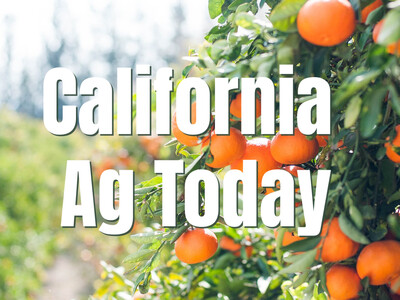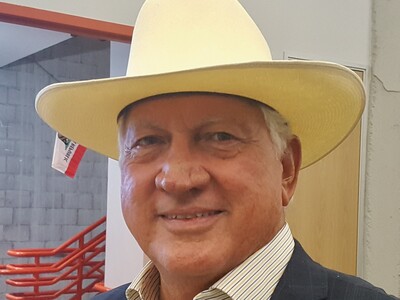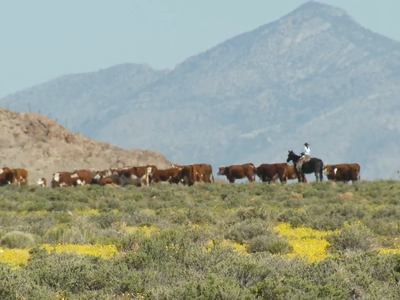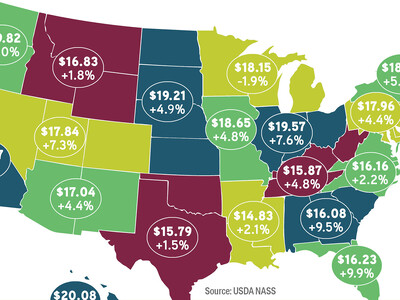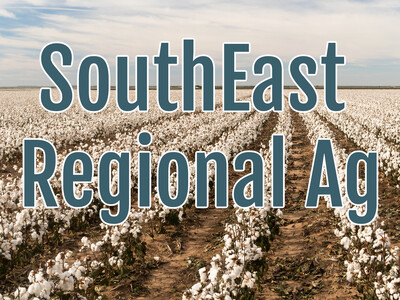Ranchers to Remove Cattle & Mexico Tariff Outcome
Ranchers to Remove Cattle & Mexico Tariff Outcome plus Food Forethought. I’m Greg Martin with today’s Northwest Report.
Onions, pears, cherries, Christmas trees and apples have all have been subject to Mexico tariffs. Now those tariffs will end. American Farm Bureau Federation Trade Specialist Dave Salmonsen could not say exactly what role Congress would play - though some lawmakers are already saying they’ll closely scrutinize the deal. But he says one thing is sure.
SALMONSEN: We know that sales have dropped. We’ve had to pay higher duties and other people have gotten the markets. I think you’ve seen sales to Mexico for a variety of pork, it’s been on some dairy products, apples and some other things and they’ve had to pay more to get into the country.
Once the deal is signed the tariffs will be reduced by half and then finally removed once trucks get ready to roll.
Six southern Idaho ranchers have been ordered by a federal judge to remove cattle from 17 public grazing allotments after the Bureau of Land Management failed to create a management plan following a lawsuit by a conservation group. The decision stems from a 2005 lawsuit by the Western Watersheds Project contending the BLM violated federal law in reissuing the 28 permits that involve sage grouse habitat.
Now with today’s Food Forethought, here’s Lacy Gray.
Forget the Jets and the Sharks, if you want to talk turf wars talk to the growers and dealers of grass seed in Oregon. The root of their disagreement lies in ambiguous and extremely complex contracts between the two. Most of us would not consider entering into a contract with someone that expected us to do work; in the case of grass seed growers that means planting, fertilizing, and harvesting seed, only to wind up at the end of the day unpaid. For grass seed growers this type of open ended and often unenforceable contract has been an industry standard due to the very nature of the business, with contracts entered into for crops harvested over several years. More akin to marketing or service contracts, they focus on the grower’s planting and harvesting the seed, with payment by dealers left floating in unknown territory. These contracts work well as long as prices are high, and both sides are seeing a profit, but when the bottom falls out, as it has in the last couple of years for grass seed, the result is growers unpaid for contracted seed that dealers find themselves unable to sell. Thankfully, this turf war will be fought out in the Oregon Legislature.
Thanks Lacy. That’s today’s Northwest Report. I’m Greg Martin on the Ag Information Network.






